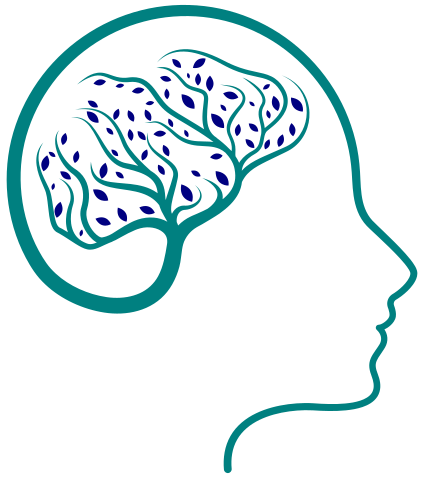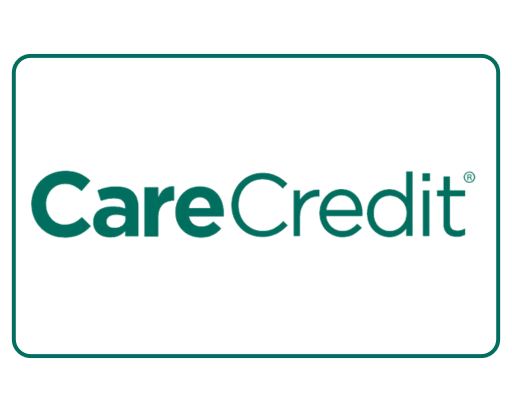AS ONE PANDEMIC ENDS, MY TIPS ON HOW TO NAVIGATE THIS NEXT ONE

We are all beginning to see the light at the end of the pandemic tunnel, but it is important to realize that this welcoming glow will not magically erase the emotional toll of COVID-19. This pandemic blew in like a hurricane, leaving us all shaken and bruised. Now as the storm loses steam, we’re relieved to see it subside, but we’re left in its devastating aftermath, grappling with how to deal with both the short and long-term effects of its trauma. Not only has there been a loss of life, there have been many other losses as well. Symptoms of depression often rise after a crisis , and I, like many clinicians, believe a second wave – a mental health pandemic – is here.
The disease of depression is known to impact more than 17.3 million American adults , and research indicates the number of adults experiencing symptoms of depression in the U.S. has tripled because of COVID-19. In fact, it is estimated that over 1 in 4 U.S. adults now report such symptoms.Treating depression can be tough, so it is critical that people have knowledge of all their treatment options available to them.It can be life changing.
Mental health awareness. More Than Ever
While COVID-19 has exacerbated symptoms for patients who were already struggling with depression, it has also meant new diagnoses, particularly in those who have experienced intense social isolation and loss, even if they don’t have a medical history of the disease. As depression rates continue to rise across the board, 2020 Census Bureau data reveals cases are rising most in younger adults, those who are more likely to be single and living alone. This is something I’ve witnessed in my own practice.
Studies have also found that 24% of those who had actual COVID infection developed a psychiatric disorder in the 6 months following their infection, and this was the first psychiatric diagnosis for 36% of those individuals. These rates are higher than what would be expected in people with similar illness such as the flu, and there is speculation that the infection itself may have its own neuropsychiatric effects.
We sometimes classify depression as either exogenous or endogenous, but both are equally treatable. Exogenous depression is triggered by external stressors, like COVID-19, whereas endogenous depression seems to come out of the blue and is considered primarily biological. Sometimes exogenous depression can be overlooked due to the seemingly situational origin of symptoms.We have certainly seen a rise in patients suffering from exogenous depression brought about by pandemic-inflicted circumstances like interpersonal loss, opportunity loss, and economic hardship.But dismissing these symptoms as situational and not worthy of treatment creates a problem for patients in need.
Do not Assume Pandemic Depression Will Disappear with a Vaccine
Stress can lead to brain changes that underlie depression, and such changes will remain long after vaccines roll out. Since cases are expected to rise, it is important that we not only listen, but actively screen for depression so diagnosis and treatment are not delayed. To facilitate this process, we should lean into available screening tools at our fingertips, like the Patient Health Questionnaire (PHQ-9), a common tool used to screen, diagnose, monitor, and measure the severity of depression. A patient can easily complete the PHQ-9 prior to their appointment or even in the waiting room, and it can be quickly scored by clinicians.
Once we accept that cases of exogenous depression are likely to remain even after protocols lift, the conversation can shift to the importance of discussing all treatment options with patients.
TMS Is More Than a Last Resort
The reality is that drug therapy simply does not work for all patients – and it is important that we shift our thinking to consider TMS (Transcranial Magnetic Stimulation) sooner in the patient journey. It is a safe and effective treatment option for adult patients struggling with either exogenous or endogenous depression and has minimal systemic side effects.
I’ve supported thousands of patients through depression – many of whom were among the estimated 6.2 million who do not benefit from antidepressant medications - with TMS therapy, an FDA-cleared, insurance covered, non-invasive treatment that uses MRI-strength magnetic pulses to stimulate specific areas of the brain associated with mood.
After 12 years of treating depressed patients with TMS therapy, my practice is one of the larger providers in the country. We have administered more than 100,000 treatments across 12 locations, and as we navigate this mental health pandemic, I’d urge you to keep these best practices top of mind.
With TMS, we are seeing better response and remission rates than patients experience on their second, third or fourth antidepressant. In fact, research indicates the likelihood of remission drops in depressed patients who are unresponsive to multiple antidepressant medications. This makes TMS an especially appealing option for those struggling with chronic and persistent depression, as well as first episodes.
In conclusion, current depression rates within the U.S. are increasing to staggering levels. As the hurricane of COVID passes, we are left dealing with its devastating impact on mental health in America. To fight this new pandemic, physicians must increase screening efforts and raise patient awareness of safe and effective treatments beyond drug therapy. Physicians would be wise to mitigate the damage by teaching patients about non-drug treatment options like TMS early on. The sooner the better for everyone.
Dr. Todd Hutton is the Medical Director at Southern California TMS Center , a NeuroStar® Advanced Therapy provider. Dr. Hutton is a board certified Psychiatrist and a Distinguished Fellow of the American Psychiatric Association. He is an Adjunct Clinical Professor of Psychiatry at the USC Keck School of Medicine where he teaches residents in Psychiatry. Dr. Hutton completed his advanced TMS Therapy Fellowship at Duke University Medical Center. He was also elected the Clinical TMS Society President for the 2019-2020 term.
The post AS ONE PANDEMIC ENDS, MY TIPS ON HOW TO NAVIGATE THIS NEXT ONE appeared first on Creative Solutions.














